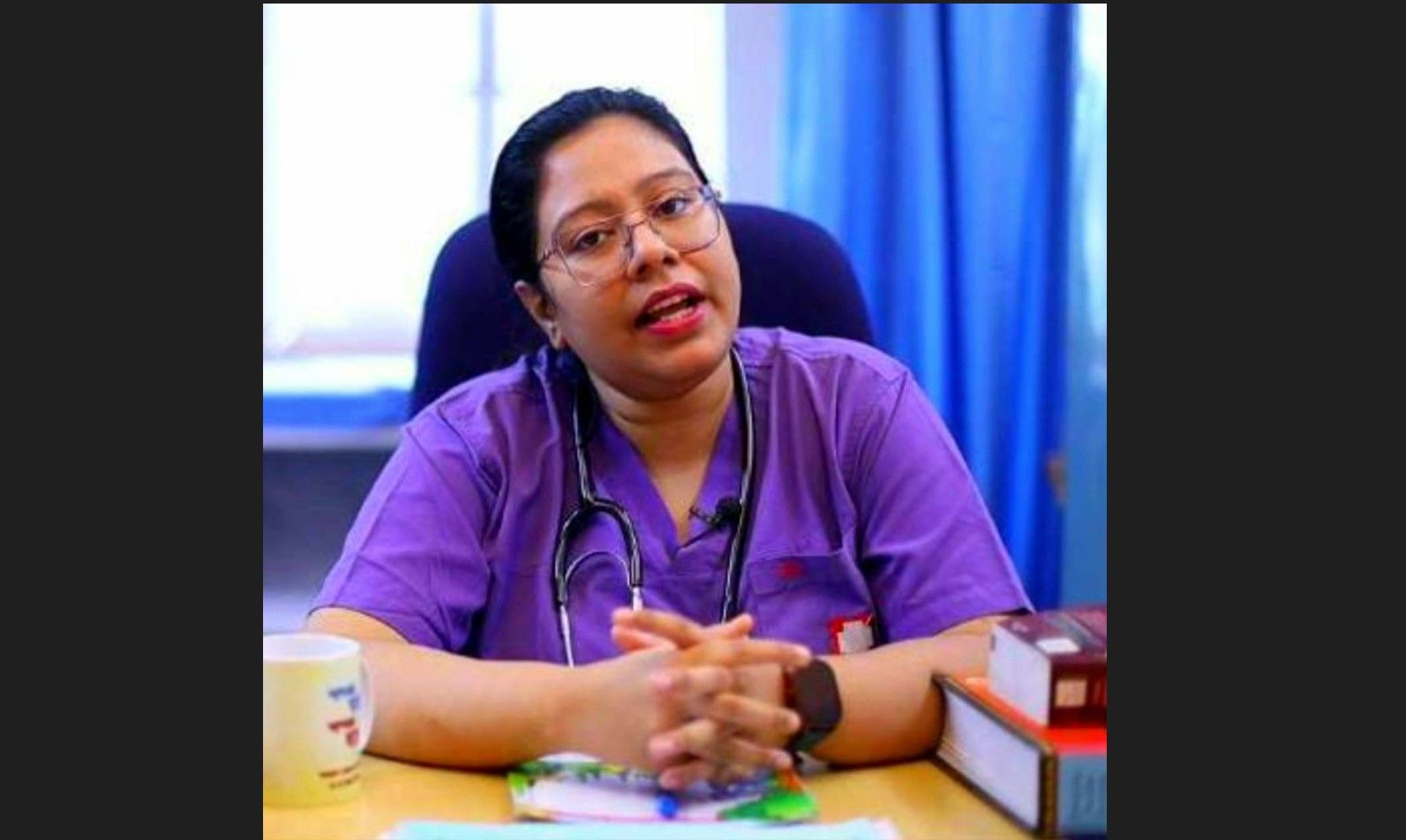I'm pretty worried about my 7-year-old daughter. Her CRP level came back at 65 during a blood test, and that seems pretty high to me. The doctor gave her antibiotics for three days, but I'm anxious about how serious this is. Is this level of CRP dangerous, and what kind of effects can it have? The weird thing is there doesn't seem to be any inflammation in her body. Is this normal? Can it be taken care of easily? I'd really appreciate any advice you can give.
A CRP (C-Reactive Protein) level of 65 is elevated, indicating inflammation or infection. However, it's not necessarily dangerous, especially since your daughter doesn't have any visible inflammation.
_What does an elevated CRP level mean?_
1. Infection: Bacterial or viral infections can cause elevated CRP levels.
2. Inflammation: CRP levels can rise in response to inflammation, even if there's no visible inflammation.
_Antibiotics and Treatment_
1. The doctor's prescription of antibiotics for 3 days is a standard approach to treating potential bacterial infections.
2. Monitor your daughter's condition and CRP levels after completing the antibiotic course.
_When to Worry_
1. If your daughter's CRP levels remain elevated or increase despite treatment.
2. If she develops symptoms like fever, vomiting, or severe abdominal pain.
3. If she has a history of underlying medical conditions or weakened immunity.
_Next Steps_
1. Complete the antibiotic course as prescribed.
2. Schedule a follow-up appointment with your doctor to re-check CRP levels and assess your daughter's condition.
3. Keep an eye on your daughter's overall health and watch for any concerning symptoms.

